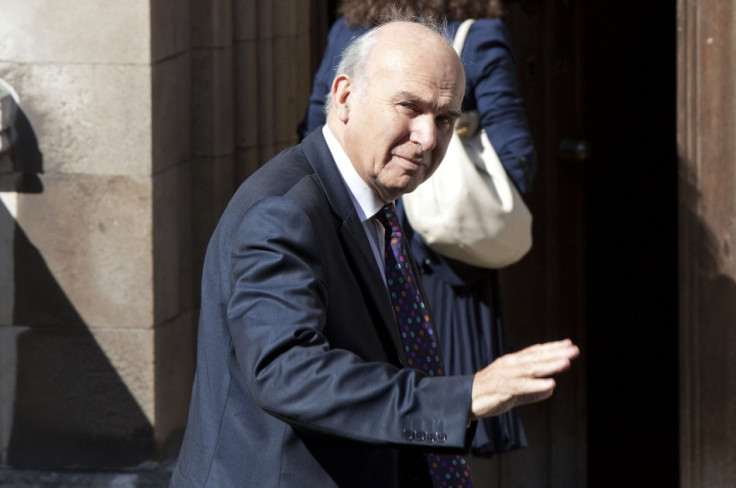Vince Cable and the Shareholder Spring: 'Anti-Business Secretary' No More

Vince Cable, sometimes derided by those on the right as the "anti-business" business secretary has done something that may finally please his critics by announcing plans to give shareholders a binding vote on executive pay.
Under the plans shareholders will be able to vote on the pay of top executives at least every three years (at present votes are non-binding), a move that will no doubt aid the current "Shareholder Spring" that has hamstrung the salaries of CEO's such as WPP's Sir Martin Sorrell.
The proposals are a good way of ending the culture of rewards for failure in business and, like proposals that inadequate civil servants will be sacked, it's rather surprising to learn that such rules were not already in place.
The real beauty of the proposals though is that they keep the strangling hand of government well away from the internal affairs of successful (and unsuccessful) companies.
Rather than succumb to a Francois Hollande type strategy of confiscating the wealth of high earners to satisfy public outrage or envy, regardless of performance, the government seems to be trusting shareholders to judge for themselves whether to reward or punish those at the top of public companies.
In the long run this may even be good for the economy. After all if the government intervened and simply took away a greater share of executive pay it would only waste the money on seemingly hopeless causes like the EU, climate change and Pakistan.
On the other hand if shareholders reject a massive pay rise for their most prominent employee then that's money that can be reinvested in the company, hopefully creating more jobs, higher profits and a bit of economic growth.
At the very least it could result in higher dividends for shareholders and a small increase in spending power. That would really be "sharing the proceeds of growth".
© Copyright IBTimes 2025. All rights reserved.





















